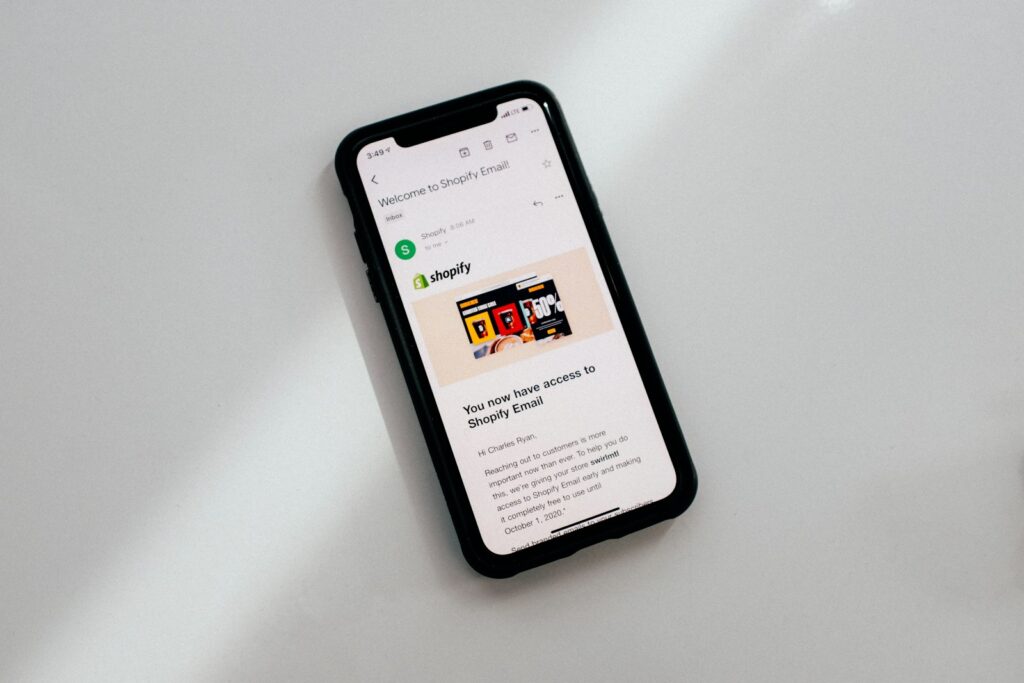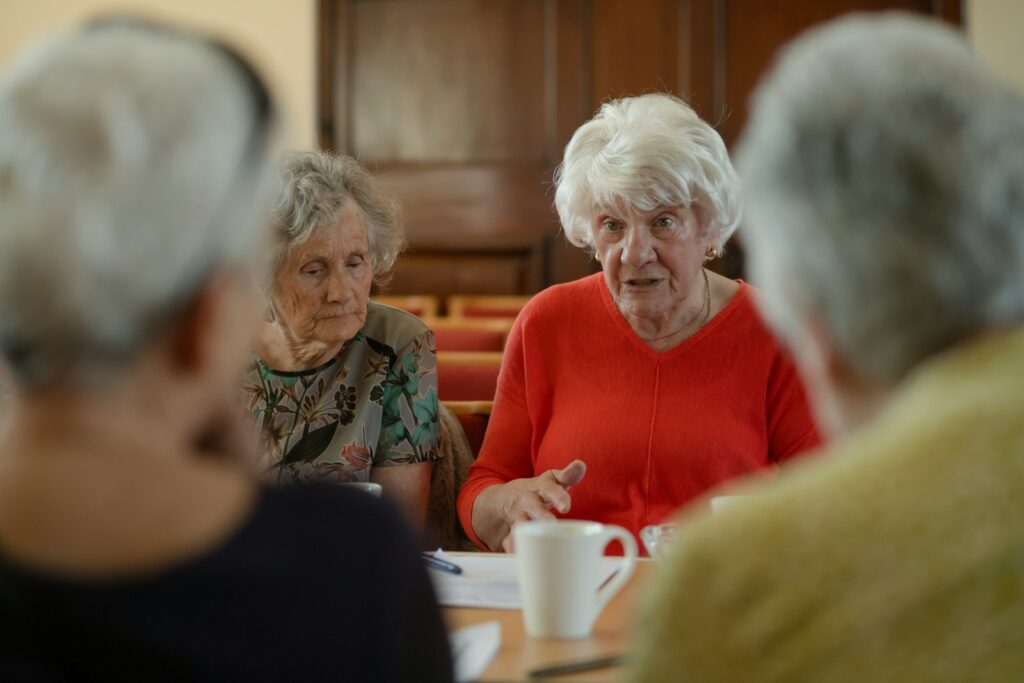Transforming Chaplaincy is a leading research program in healthcare spiritual care
Transforming Chaplaincy at Rush Univesity College of Health Sciences in the Department of Religion, Health, and Human Values, is one of the world’s leading programs in health and spiritual care research, education, and leadership.
Research
Transforming Chaplaincy is involved in some of the world’s highest-impact research in spiritual care and chaplaincy.
Education
We provide premier education programs for chaplains and others interested in spiritual care research from beginning research literacy to advanced research methods.
Partnership
TC is highly collaborative and actively seeking partnerships, from our supporting partnerships, to academic partners and individuals.
Leadership
Through our Spiritual Care Management and Leadership program and individualized leadership and strategic consulting, we support and develop leaders in all levels of spiritual care.

TC’s impact in 2023-2024
- 26 Peer-Reviewed Publications
- 93 Students in education programs
- 8,847 Webinar views
- 2,634 Chaplains and colleagues active in TC Research Networks
- Expanded Leadership Team with 2 new members
- 28 Presentations given in 11 states and 3 countries, and 5 Keynotes
Stay Informed of all things TC!

Sign up to Receive the TC Newsletter
TC leads the way in grounding and guiding the profession with relevant, practical,
cutting-edge research. Their on-going work ensures chaplains have the best insights and guidance for the care they’re called to provide.

Ron Oliver
PhD, MBA, BCCChair, TC Advisory Committee System Vice President, Mission & Outreach
Norton Healthcare
Transforming Chaplaincy is a great way to connect with other researchers
across the country who are passionate about spiritual care. It is also a
wonderful resource for the chaplains in our health system, who find learning about research in their field to be inspiring.

Alexia Torke
MD, MSProf. of Medicine and Section Chief, Palliative Medicine Indiana University School of Medicine Director, Evans Center at IU Health
ACPE’s thought partnership with Transforming Chaplaincy has been instrumental in advancing professional spiritual care and education. Through this collaboration, we have fostered innovative research, promoted
evidence-based practices, and strengthened the integration of spiritual care into healthcare.

Jasmine Okafor
MDiv, CFREFoundation Director & Chief DEI Officer
ACPE: The Standard for Spiritual Care & Education
Our Three Focus Areas
In March of 2024 the Transforming Chaplaincy Leadership Team identified three strategic focus areas for research and education in the coming years. We futher identified Health Equity as a primary focus within each of these areas, inclusive of equity related to diversity of race, LGBTQ+ identity of chaplaincy and patients, and health outcomes equity.

Palliative Care
TC Leadership Point Person: Paul Galchutt
Palliative Care is a core focus area at TC, supported by TC Leadership Team members Paul Galchutt and through a multi-year grant from the Cambia Health Foundation. Recent areas of interest and publication include dignity therapy and religious/spiritual struggle and the possibility of a large-scale clinical trial on chaplain interventions surrogate decision-makers with IU Health, one of our Supporting Partners.
Pediatrics
TC Leadership Point Person: Cate Beaulieu-Desjardins
Pediatrics is a rapidly growing priority at TC with the recent formation of the Pediatric Spiritual Care Leaders Network, bringing together directors and managers at top US children’s hospitals to discuss a long-term pediatric spiritual care research agenda, the competion of a project on pediatric spiritual assessment, and the launch of a large-scale pediatric spiritual care mapping project.
Cancer Care
TC Leadership Point Person: Dr. George Fitchett
Oncology is an important strategic priority for TC where many of our recent research efforts have focused on outpatient oncology, with promising results from studies showing chaplain provision decreased religious/spiritual struggle for outpatients receiving care, and that oncology outpatient chaplains are heavily involved in medical decision-making. TC has also been active in this area developing the ONC-5, a tested spiritual assessment tool for oncology.

Transforming Chaplaincy is the sum of our people
Transforming Chaplaincy has five Core Team members and numerous research partners, supporting partners, collaborators, and former fellows all over the world. We pride ourselves on being collaborative, accessible, and welcoming to chaplains and researchers from diverse healthcare fields at many stages of their research journey.
Upcoming TC Education Opportunities
We are excited to offer three important Transforming Chaplaincy Research Short Courses this Spring! Watch this space and sign up for our newsletter to hear when registration opens!

Masterclass for Chaplain Clinical Note Writing
Date: May 18th, 12-4 pm Central Time
$139 regular rate; discount for CPE students and TC program Alumni

Meaning-Making and Religious Coping in Spiritual Care: From Theory to Practice
Dates: April 16th , 11am-4 pm CST
$139 regular rate with discounts available
Transforming Chaplaincy
We love hearing from leaders and researchers interested in supporting partnerships and impactful collaborations. For chaplains looking to get involved in research for the first time, please see our Education page.
In Chicago
Rush University Medical Center
Dept. of Religion, Health & Human Values
Suite 028 Annex
1653 West Congress Parkway
Chicago, IL 60612
transforming_chaplaincy@rush.edu
